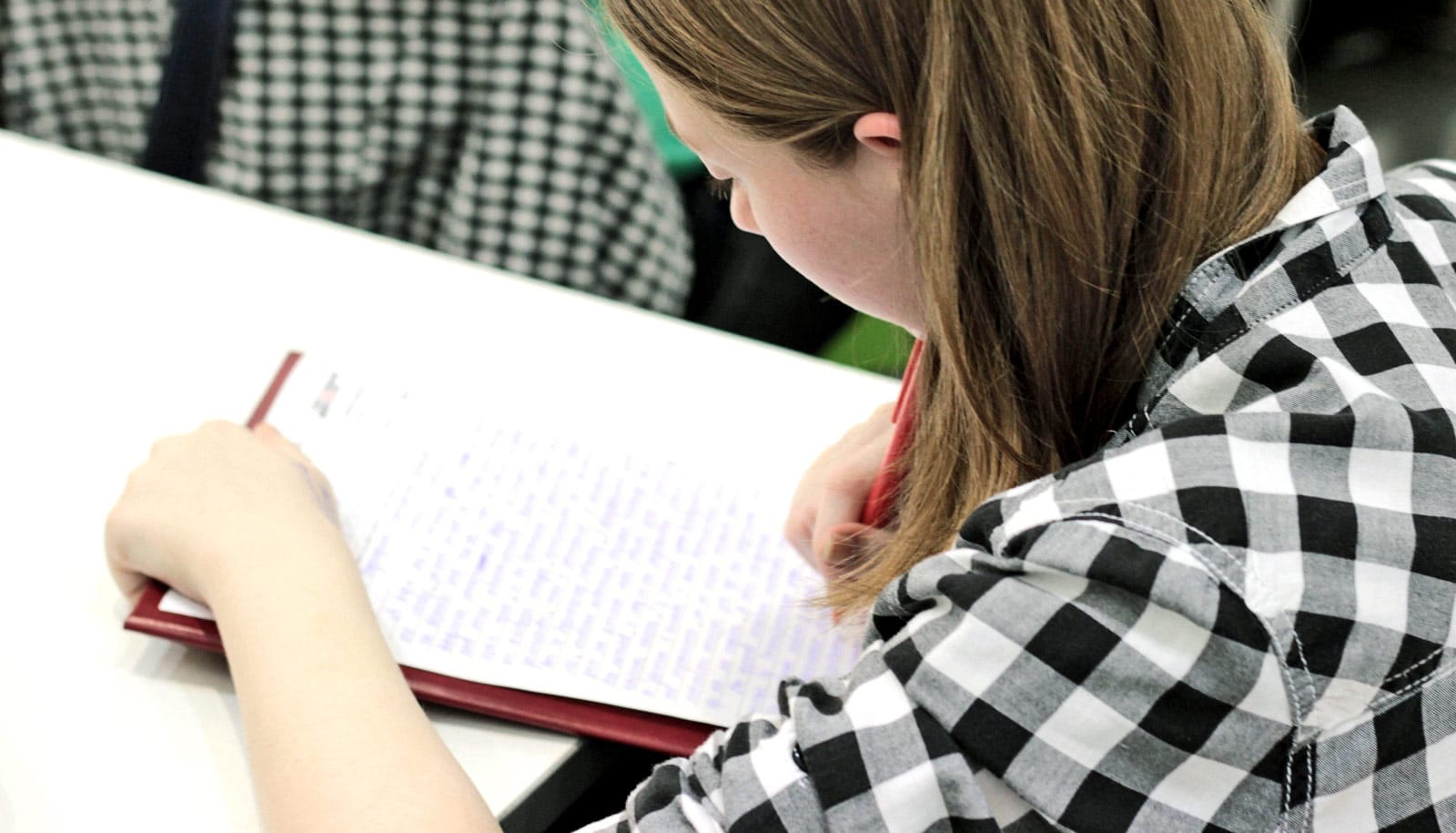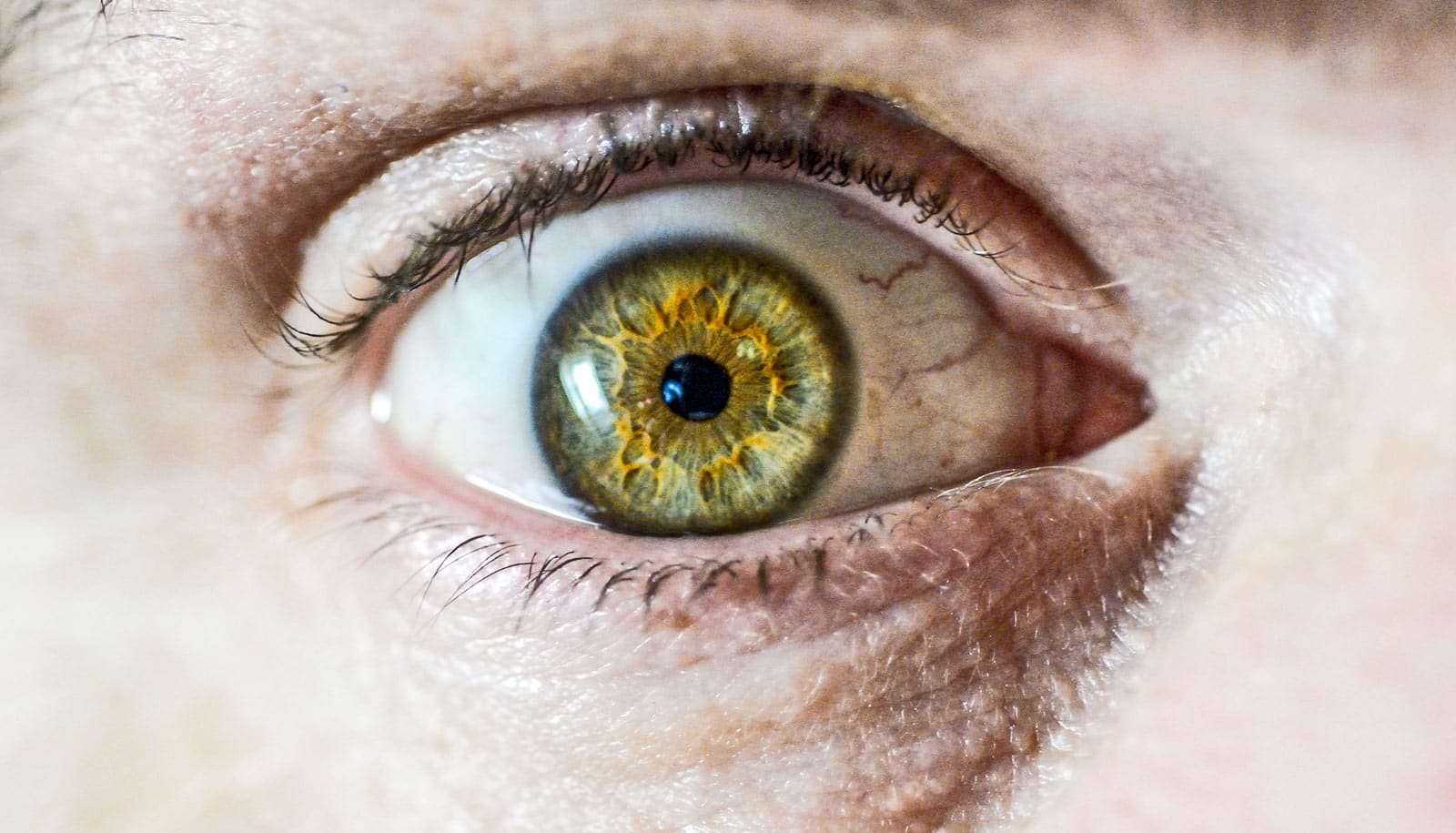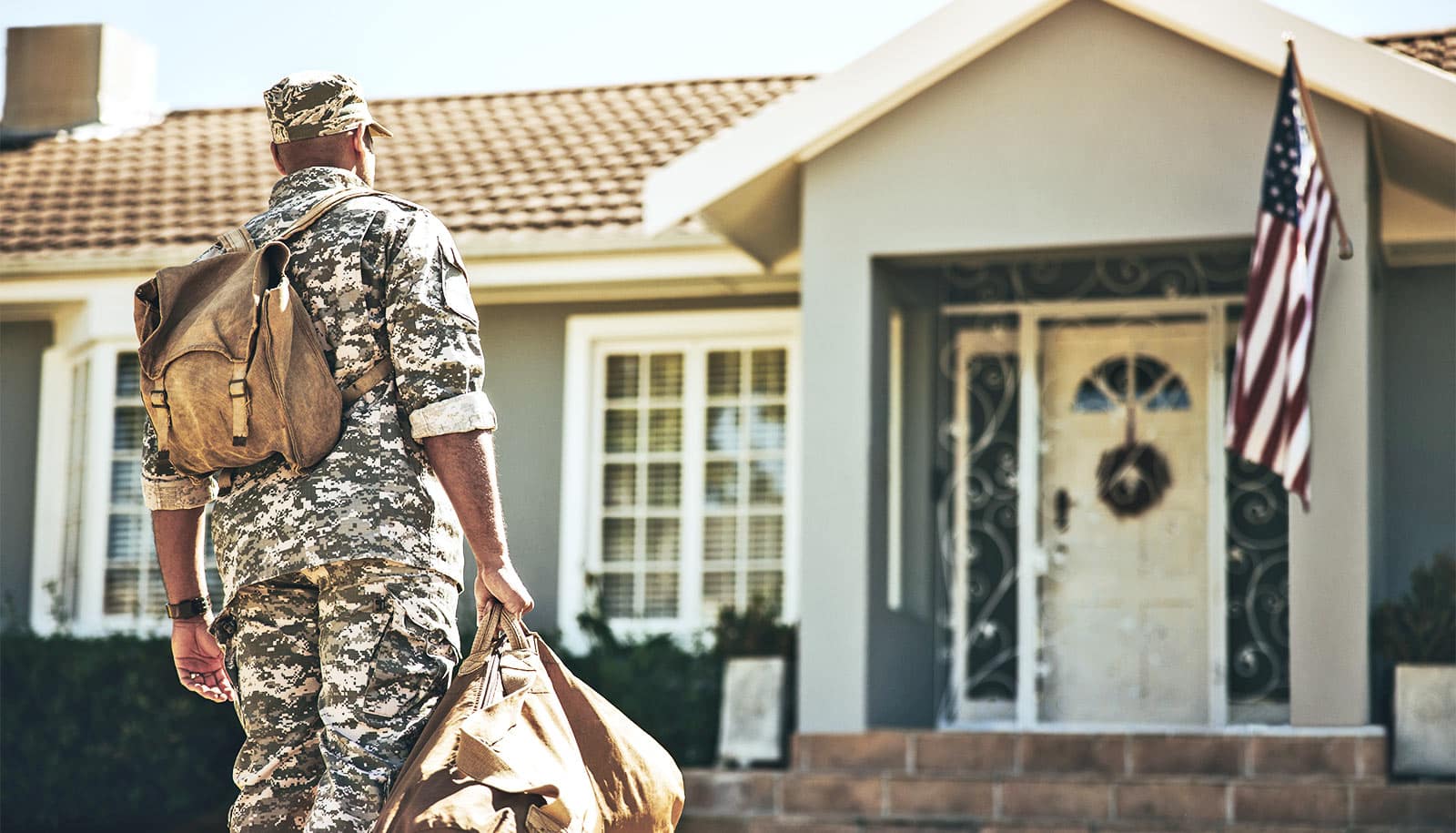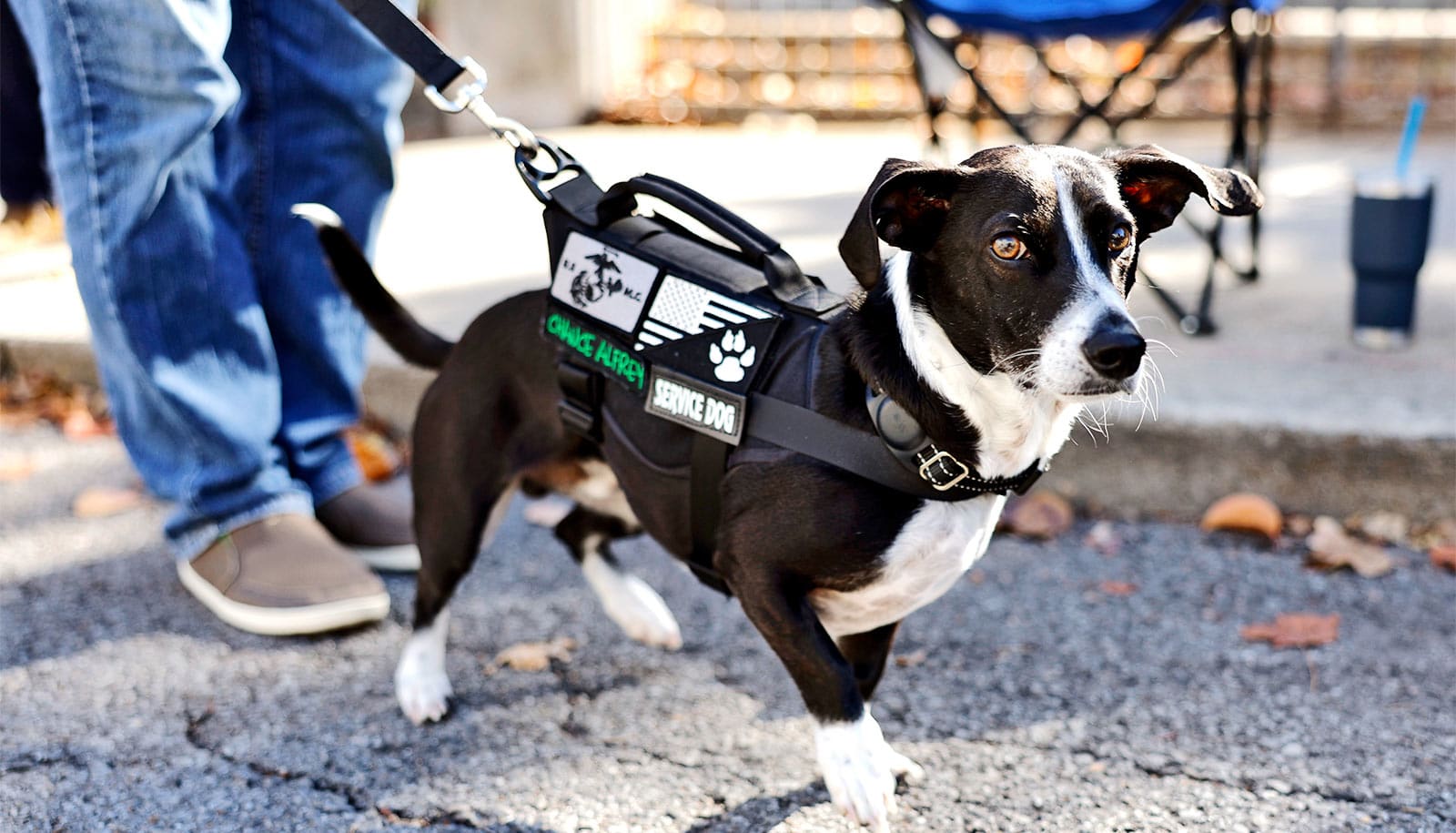Post-traumatic stress disorder (PTSD) resulting from traumatic military experiences is linked to anxiety, anger, and guilt in returning veterans. A new study shows it may also make academics especially difficult.
This issue is coming to the forefront as increasing numbers of veterans enroll in colleges and universities, researchers say.
“Many of these former service members are experiencing post-traumatic stress symptoms secondary to their military service, and these symptoms are associated with academic difficulties,” says Steffany Fredman, assistant professor of human development and family studies and professor for the study of families at Penn State.
“There’s an extensive literature demonstrating that PTSD symptoms can cause disruptions in trauma survivors’ close relationships. However, less is known about ways that these relationship problems can, in turn, affect other domains of trauma survivors’ adjustment, such as students’ academic functioning.”
As reported in Psychological Trauma: Theory, Research, Practice, and Policy, researchers examined data from a large, national sample of students seeking mental health services while enrolled in college.
The data come from college- or university-based counseling centers affiliated with the Center for Collegiate Mental Health (CCMH), a national practice-research network of more than 500 college and university counseling centers housed at Penn State that collects standardized data as part of routine clinical care and then pools de-identified data for research and clinical purposes.
Researchers looked at a subsample of over 2,000 student service members and veterans, then further divided them into four groups based on relationship status and gender, including both partnered and non-partnered women, and partnered and non-partnered men.
The findings show that for all groups, military-related post-traumatic stress was associated with greater family distress and lower support from friends and acquaintances and that these difficulties were, in turn, associated with higher academic dysfunction.
Further, the effect of PTSD symptoms on academic dysfunction was strongest for partnered women compared to the other three groups and was due to a greater influence of family problems on partnered women’s academic adjustment.
The researchers theorize that partnered women’s tendencies to “tend and befriend” when under stress may make them especially susceptible to the negative impacts of relationship problems on other areas of their lives, including academic functioning.
Post-9/11 G.I. Bill got more veterans to college
“Partnered women who are already struggling with the effects of post-traumatic stress and its impact on their relationships may be working extra hard to manage those relationships, leaving less time and fewer emotional resources to devote to their studies,” Fredman says.
Fredman would like to expand the project to determine which aspects of student veterans’ close relationships are most closely associated with academic success or challenges and to develop and test interventions that simultaneously improve PTSD symptoms, interpersonal relationship adjustment, and academic functioning.
Horseback riding therapy eases veterans’ PTSD
“Our ultimate goal is to develop interventions that can be delivered during critical transitional periods, such as the college years, that can serve as a unique window of opportunity to help trauma survivors address these difficulties so that they can fully benefit from their education and lead happier and healthier lives,” Fredman says.
A seed grant from Penn State’s Social Science Research Institute and Fredman’s Karl R. Fink and Diane Wendle Fink Early Career Professorship for the Study of Families funded the work.
Source: Penn State



